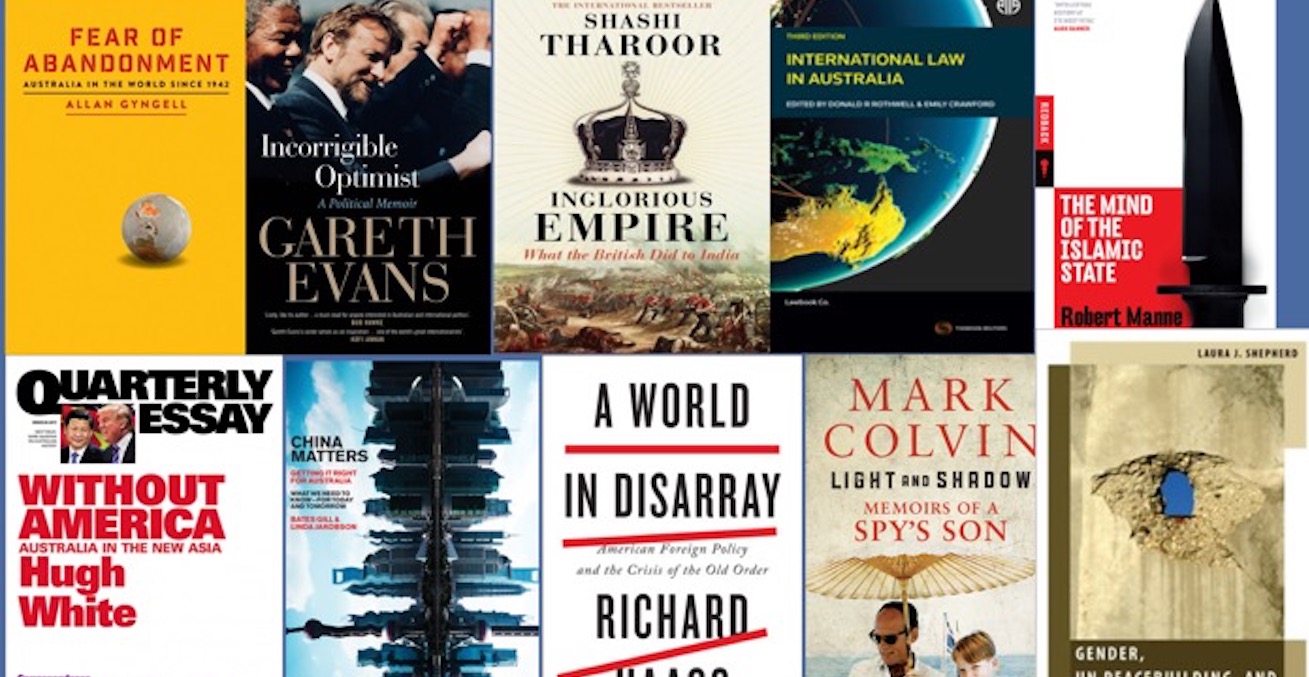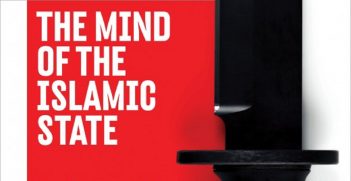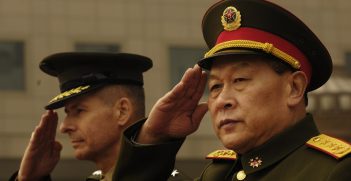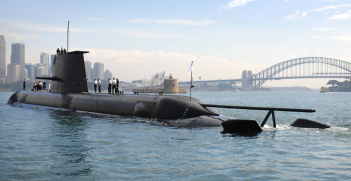Reading Room: Best Books to Begin 2018

As the holiday season comes to an end, we thought it a good time to take stock of some of the tomes we think it would have been good to have had on your beach reading list. If the season has slipped away without the chance to catch up, we recommend putting these on top of your bedside table pile for 2018.
The last 12 months have provided rich pickings when it comes to international affairs reading from both Australian authors and international writers. Highlights have included globe-crossing memoirs (see Gareth Evans and Mark Colvin), history (don’t miss Allan Gyngell and Shashi Tharoor) and early analyses of the new geopolitics marked by Brexit, Trump and China as Great Power (Hugh White and Richard Haas).
Most of the books listed below have already been reviewed in Australian Outlook, but please keep an eye out for reviews of the others in coming months.
In no particular order, and with full acknowledgement that no such list will ever be complete, here are 10 of our top picks from the the last year, grist to the mill for the modern international affairs enthusiast:
Fear of Abandonment: Australia in the World Since 1942 by Allan Gyngell
(La Trobe University Press, 2017)
“Fear of Abandonment is a grand story and brilliantly told,” declared Michael Wesley in his review of Gyngell’s latest book when it was released last year. The former head of the Office of National Assessments is now the national president of the AIIA, but beyond any conflict of interest, we’re sure IR enthusiasts would appreciate what Wesley describes as the first systematic history of Australian foreign policy since T.B. Milar’s 1978 Australia in Peace and War’.
Without America: Australia in the New Asia, QU68 by Hugh White
(Black Inc, 2017)
Released at the tail-end of 2017, White’s Quarterly Essay was the Christmas must-read in the wake of Australia’s first foreign policy white paper in 13 years. In her New Year review, Alison Broinowski said it was a “concise and incisive” analysis of Australia’s foreign policy prospects as the US withdraws from the region and China’s influence becomes dominant.
Incorrigible Optimist by Gareth Evans(Melbourne University Press, 2017)
This is a memoir full of insights and anecdotes from one of Australia’s leading contributors to foreign policy. As Ramesh Thakur put it in his review: “No reader will fail to be enlightened about some of the most critical global challenges of the last two to three generations, be occasionally entertained, be widely educated on ho
w the world of global politics works (or not); nor die wondering what Evans’s views are on the events, controversies and dramatis personae of the last four decades.”
A World in Disarray: American Foreign Policy and the Crisis of the Old Order
by Richard Haas
(Council on Foreign Relations, 2017)
The latest book from the esteemed president of the US Council on Foreign Relations describes how Haas’ hopes for a new golden age of international affairs were dashed, said reviewer Colin Chapman. “He has given us a considered review of the geopolitics of the 19th, 20th and early 21st centuries, explaining how a workable world order was built and how we then allowed it to be undermined to the point we are at today.”
The Mind of the Islamic State by Robert Manne
(Black Inc Books, 2017)
In this short but important book, Robert Manne presents a systematic intellectual history of the personalities, texts and, most crucially, the ideas that have shaped the patterns of thought and the worldview of Islamic State.
International Law in Australia, 3rd Edition Edited by Don Rothwell and Emily Crawford
(Australian Institute of International Affairs, 2017)
The third book in the landmark series begun in 1965 provides an important update on Australia’s engagement in international law in fields as diverse as treaty making, dispute resolution and the environment. Published by the AIIA (we occasionally blow our own trumpet), it is essential reading for international law students, scholars and practitioners.
China Matters by Linda Jakobson and Bates Gill
(La Trobe University Press, 2017)
Written by two of our favourite China-watchers and cited by Penny Wong and many more since its publication in the middle of last year, China Matters is essential reading for gauging China today and understanding the implications for Australia in both the domestic and foreign policy fields.
Inglorious Empire by Shashi Tharoor
(Scribe, 2017)
For history buffs, this was one of AIIA National Executive Director, Melissa Conley Tyler’s favourite reads for the year. Shashi Tharoor’s description of the British Raj is an education in the damage wrought by a colonialism he seeks to show was always driven by venal commercial interests.
Light and Shadow: Memoirs of a Spy’s Son by Mark Colvin
(Melbourne University Press, 2016)
Although this was published in 2016, we think this memoir by one of Australia’s leading broadcasters and foreign correspondents warrants a place on the list. In his review, Tony Walker noted, “If there is a touch of Graham Greene and John Le Carre about this book it is because Colvin’s father’s life as an MI6 agent reflected the shadowy Cold War world in which he operated…”.
Gender, Peacebuilding and the Politics of Space: Locating Legitimacy by Laura J. Shepherd
(Oxford University Press, 2017)
Australian academic, Professor Laura J. Shepherd, uses comprehensive evidence from UN archives to analyse the UN Peacebuilding Commission from the point of view of gender and politics. Her finding? Despite the best of public intentions, peacebuilding activities remain heavily gendered and hierarchical. When will this change?
Annabel McGilvray is the AIIA Director of Communications.





